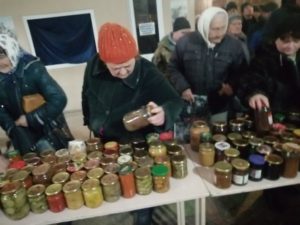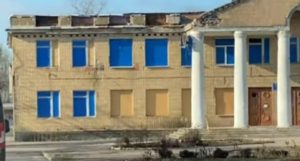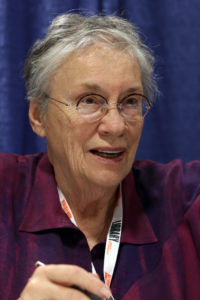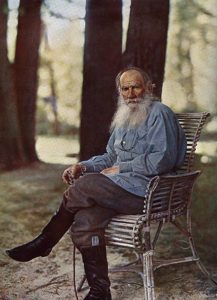For almost a year Linda and I have been receiving updates on the efforts of the Mennonite Centre’s efforts to make life more bearable for Ukrainians seeking to survive in the midst of the devastation of their country. The accounts tell a story that the major media seem not to be interested in or aware of. Because the Centre has been active for many years in Ukraine, providing basic necessities impoverished people cannot afford, it has credibility and intimate relationships of trust. Their objective isn’t to help Ukraine militarily. Rather, it is to provide basics like shelter, food, fire wood to heat homes. medical advice and supplies, encouragement and friendship and much more. By sharing these reports we hope to give readers some understanding of what it means to live in apartments with no windows, doors, sometimes no roofs, and the constant fear of missile strikes, It’s a story of people courageously looking after each other, often in the most dire circumstances.
Below is a recent update written by George Dyck. (We also published a report on Feb, 23, 2023.)
Mennonite Centre in Molochansk, Ukraine Update #97 April 6, 2023
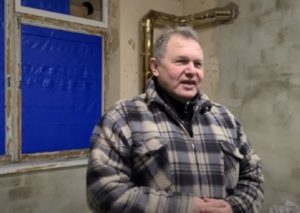 This is from Krasnogorivka, one of our Mennonite Centre partners. They are located at the very front line in the east in Donets. The pastor Radislav (in a checked jacket) received chaplains from the Western Ukraine. The key thought in their talks was that we can be different, but we are united (Western and Eastern Ukraine).
This is from Krasnogorivka, one of our Mennonite Centre partners. They are located at the very front line in the east in Donets. The pastor Radislav (in a checked jacket) received chaplains from the Western Ukraine. The key thought in their talks was that we can be different, but we are united (Western and Eastern Ukraine).
Four times the building of the church was hit. Most of the building is destroyed. But people still get together for services. Much needed food is also distributed here.
We have unconfirmed reports from Molochansk … The “occupied building” referred to is the former Mennonite hospital in Muntau right beside Halbstadt now collectively called Molochansk. In past years the Mennonite Centre has done much to help former Muntau hospital take care of patients including the purchase of an ambulance, etc.
Part of the facility was used as a dorm for recovering sick kids. Another part was used as a home for the aged. It is this part of the hospital that the report refers to as housing “peaceful grandparents”.
I have made no attempt to change translation …
“The occupiers of the Zaporizhzhia region are literally hiding behind the backs of peaceful grandparents in Molochansk, they have taken up residence in a 3-story hospital building. They [the occupiers] placed their 300s in the basement. So far, the Russian army survivors live in the wards on the 1st and 3rd floors.
And on the 2nd floor there are permanently lonely elderly civilians. According to local information, the soldiers themselves are panicking in anticipation of a counteroffensive by the Ukrainian Armed Forces.
Many are ready to lay down their arms, but the occupiers are scaring “their” panickers. Allegedly, so-called blocking squads have been set up around Molochansk, so everyone who runs will be shot.”
If you wish to donate to help the needy, then please visit our website http://www.mennonitecentre.ca/ and click on the donate tab.
To donate by e-transfer please use the email address gtdyck@gmail.com and please include your postal address in a note accompanying the transfer so I can issue a tax receipt to you. Thank you!!

